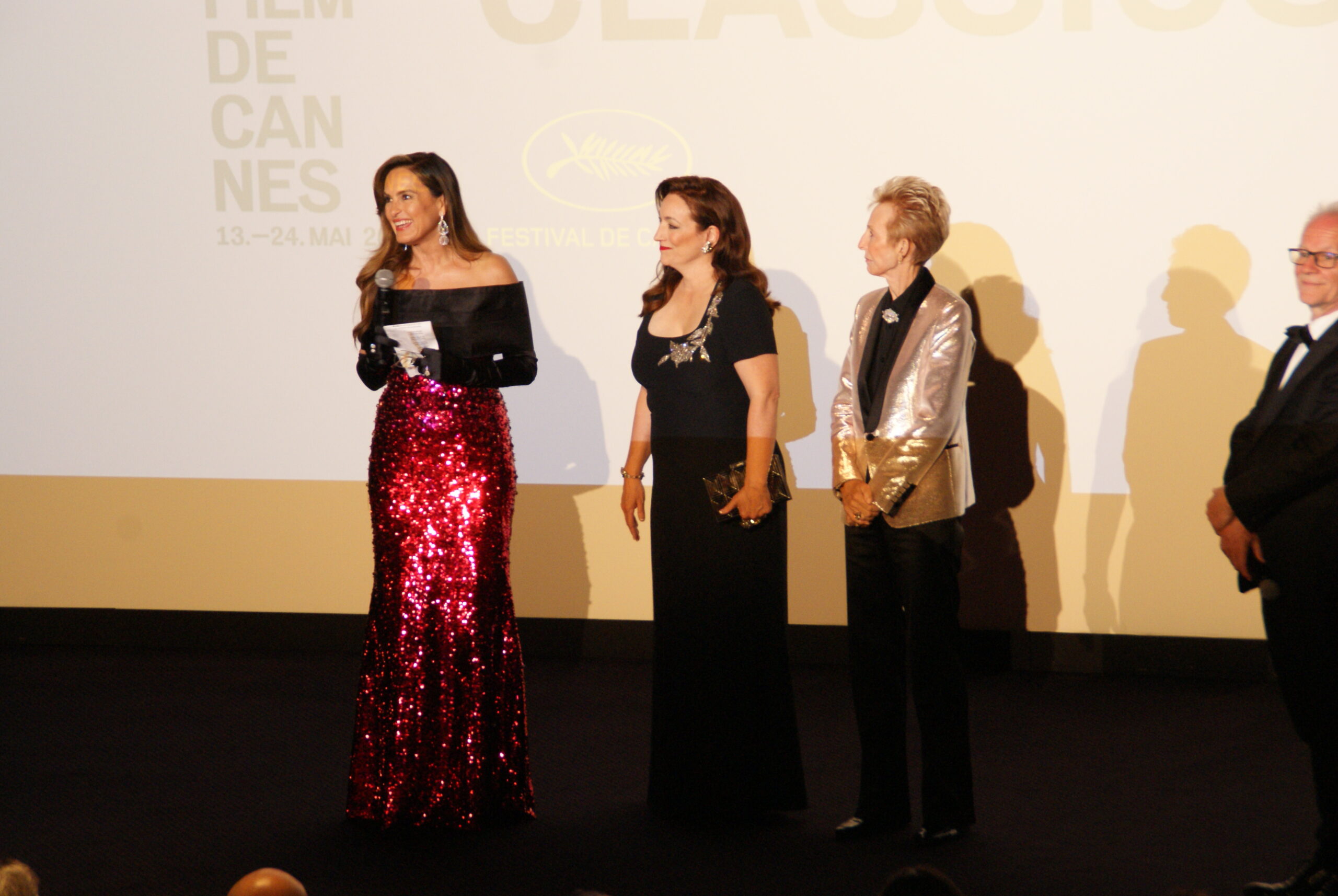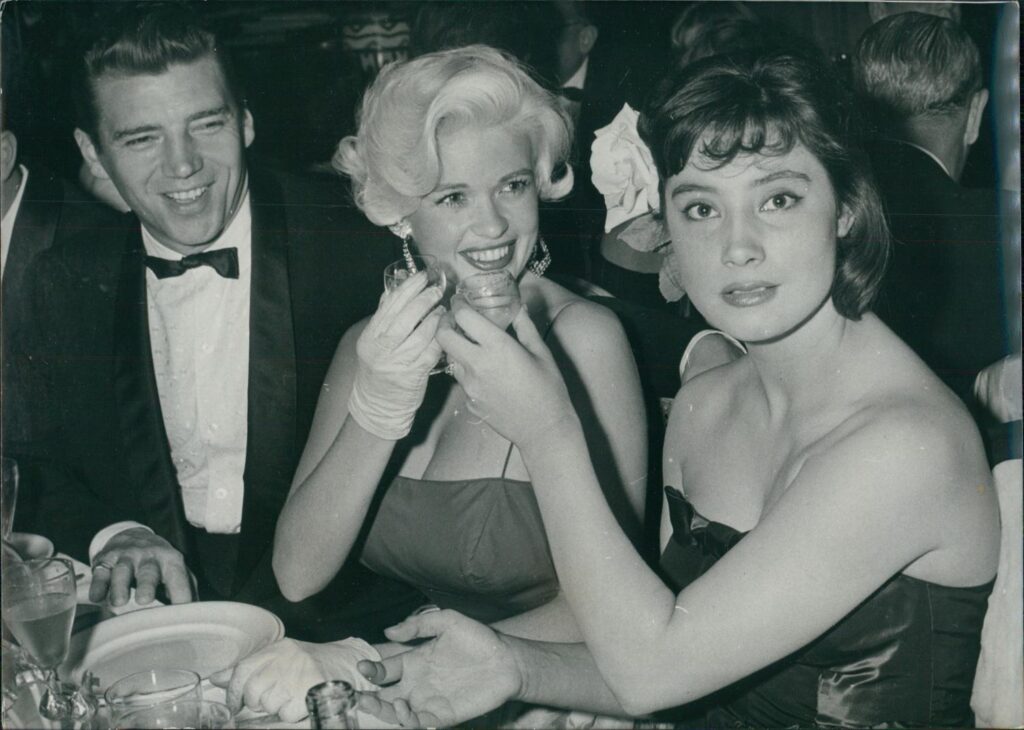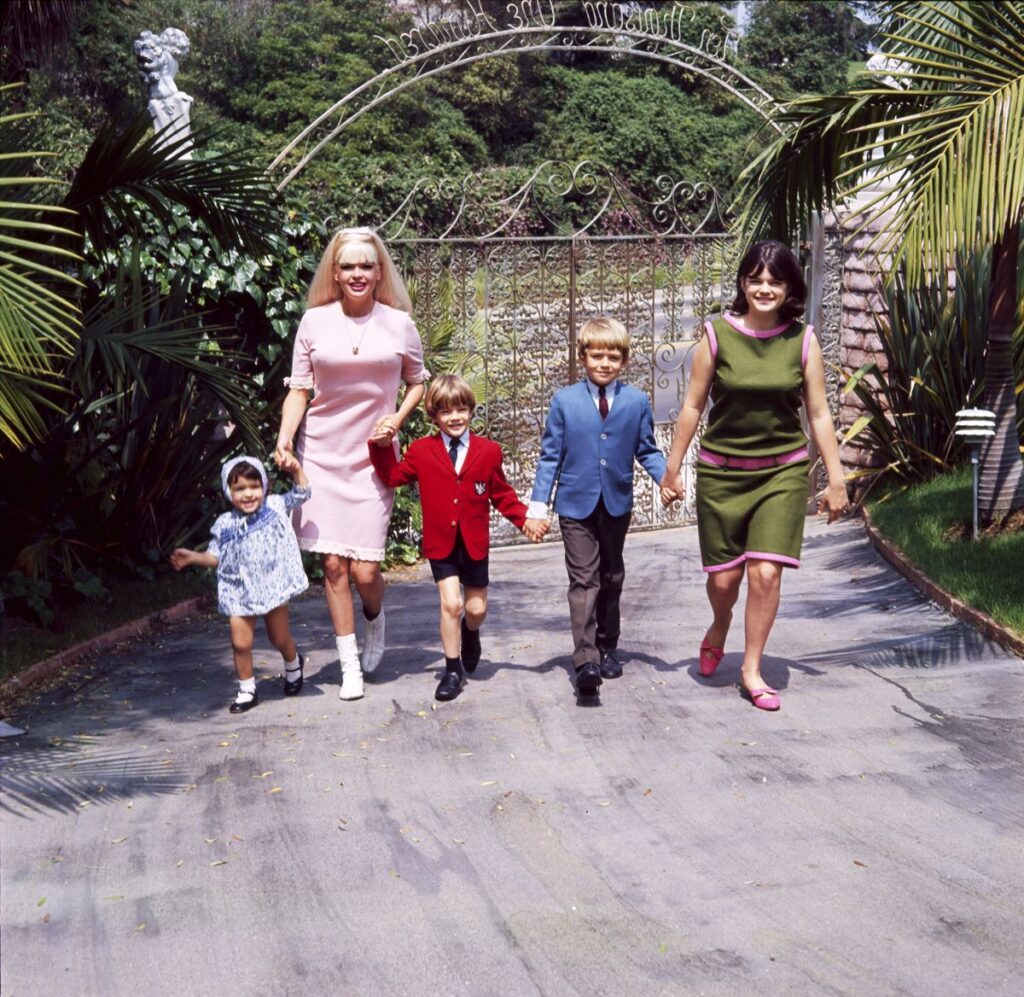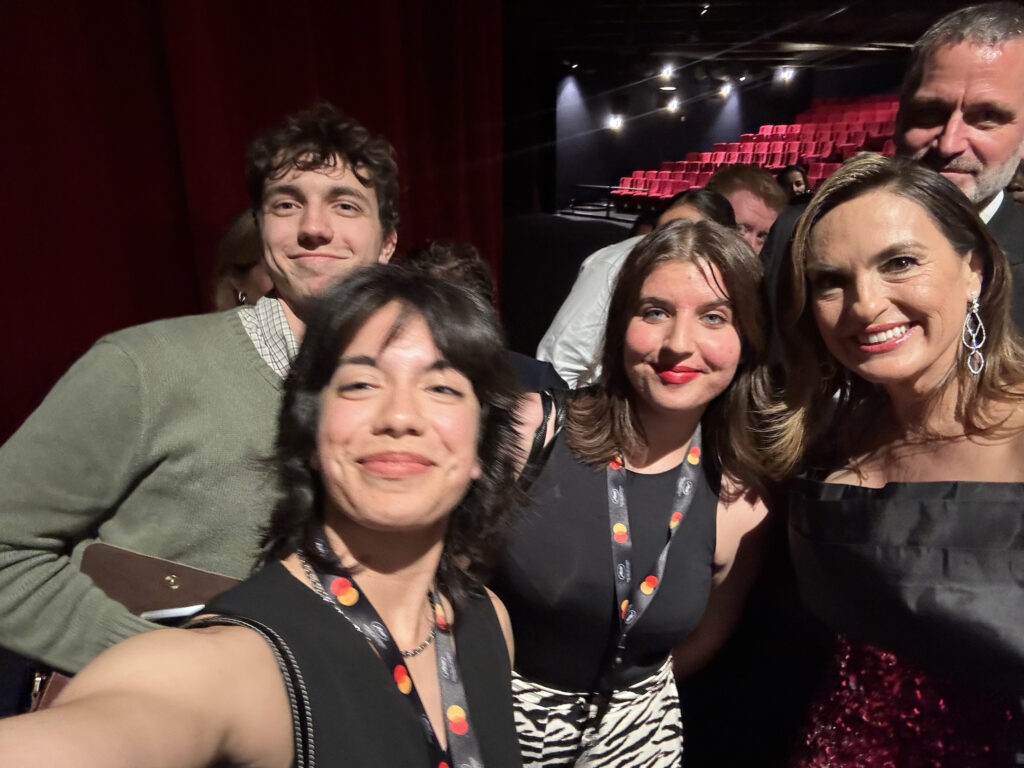‘My Mom Jayne’ Review: Mariska Hargitay recounts Jayne Mansfield’s legacy and reveals long kept family secrets in feature directorial debut

CANNES — Actress Mariska Hargitay’s documentary “My Mom Jayne,” about her mother, legendary ’50s and ’60s actress Jayne Mansfield, debuted at Cannes Saturday night to an enthusiastic and emotionally responsive crowd. The passing of Mansfield at 34 years old in 1967 left Hargitay, who was only three years old at the time, with virtually no memories of her mother. Through this film, after years of piecing together her mother’s past, before, during and after her stardom, Hargitay hopes to show the world the true essence of the actress, beyond the popular notion of Mansfield’s pin-up career.
In a foreword to the film, Hargitay mentioned Cannes Film Festival as a meaningful point of connection she has to her mother.
“As a child, I was always so moved by the photos of my mother here in Cannes at the festival, and how happy and free she looked,” Hargitay said. “It’s beyond meaningful to be back, to be here, to tell her story.”

“My Mom Jayne” serves as a debut for Hargitay, known for her starring role in “Law and Order: Special Victims Unit (SVU),” in many ways, including her directorial debut, her Cannes Film Festival debut and her first time publicly talking about her mother. The inspiration for the film came from a desire to correct the public image of Mansfield as a “sex symbol” and a “dumb blonde,” as the movie explains. While Hargitay mentions that she was formerly ashamed of the image her mother carried, she grew to embrace the truth of her mother’s life as an intelligent and determined actress.
But how can Hargitay make new memories of a person she has no memory of?
The documentary opens with archival footage of Jayne Mansfield with her five children, immediately introducing an emphasis on the family unit. The film cuts between archival home footage of Mansfield in the past and Hargitay in the present at Mansfield’s old house — the two of them in front of the house’s gate, walking across the lawn — mirroring each other’s movements.
In the film, Hargitay conducts all the interviews herself, atypical of the documentary style, as the audience gets to see her response to the interviewees and her emotional reactions to the memories of her mother they share. She relies on building her mother’s authentic character with the help of her older siblings who have a more solid recollection of Mansfield — both the good and the bad.
Mansfield quickly rose to fame in the early ’60s, initially known for having a similar appeal to other sex symbols like Marilyn Monroe. At that time, for women to make it in the industry, sex sold. Mansfield played the game, altering her voice and persona, ultimately earning her the fame and success she’d been chasing, but also confining her to the “dumb blonde” act, which Hargitay calls “character Jayne.” Much like Marilyn Monroe, who Mansfield is compared to numerous times in the documentary, she was not often allowed to show her depth, leading to toxic secrecy. Both women died prematurely in their mid thirties.
In Hargitay’s most well-known role, Olivia Benson on “Law & Order: SVU,” she plays the commanding officer of the Special Victims unit of the New York Police Department, tough, self sufficient, and career focused — a role her mother, wanting to be seen as a “serious actor,” was not afforded. Hargitay explains in the film that the objectification of her mother’s body and rejection of her intellect encouraged Hargitay to pursue roles that were not oversexualized.
The point of highest tension in the film comes when it is revealed that Hargitay’s biological father is entertainer Nelson Sardelli, not Mickey Hargitay, who Mansfield was married to when she became pregnant with the actress. Though Hargitay learned this information when she was 25, she kept it a secret until now. This confirms a long-suspected affair between Mansfield and Sardelli — a rumor which Hargitay explains created turmoil around her identity within her family.

“My Mom Jayne” dissects the complicated life of a woman who was portrayed as shallow, focusing on the love and warmth she had for others, finally offering her the respect she was withheld during her lifetime.
The words on Mansfield’s tomb read “We love you more each day,” a statement that reflects the sentiment of Hargitay’s relationship to her mother, and speaks to the philosophy of the film as a whole.
The film ends with Mariska as a mother, surrounded by her husband and kids once again, mirroring the image of Mansfield with her own children. By the end of the documentary, Hargitay has transcended from the pain of her childhood; no longer just her mother’s daughter, but a mother herself, almost twice the age of her mother when she passed.
“Tonight, I’m celebrating the power that film has for me to remember, because tonight, I get to remember my mother,” Hargitay said, addressing the audience. “I’m very honored to spend the evening with her, and with all of you,” said Hargitay. “So thank you, mommy.”
You can find more of The Independent’s coverage of the 2025 Cannes Film Festival here.

